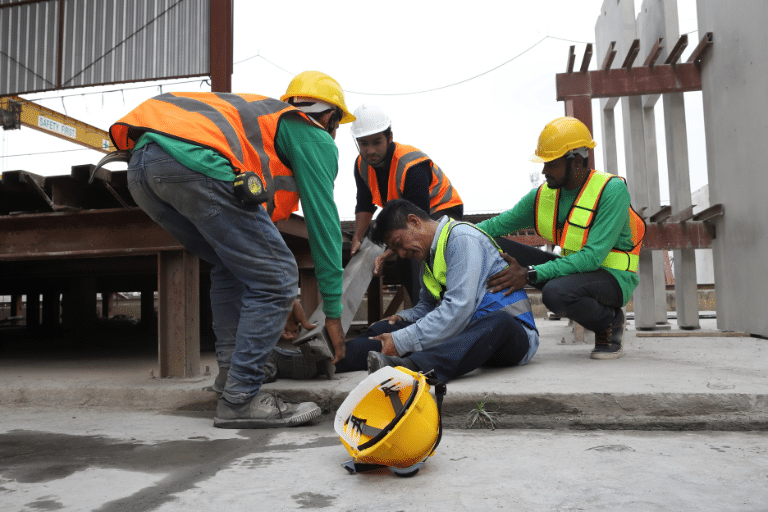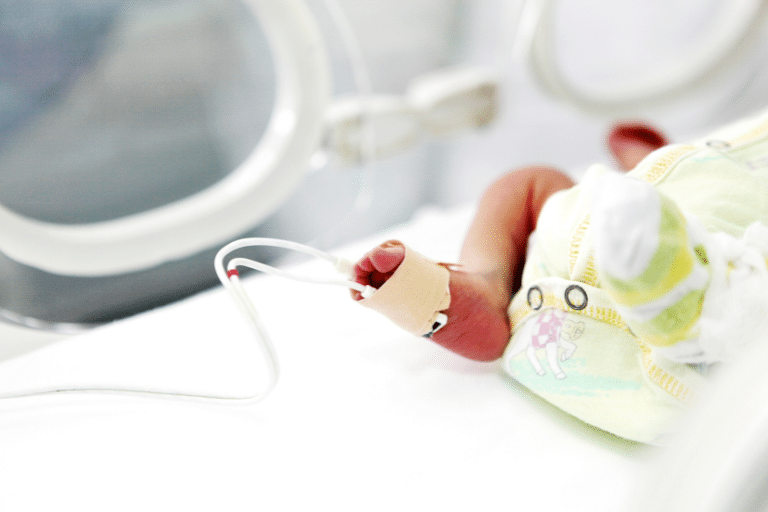In September 2020, Ohio governor Mike DeWine signed Ohio House Bill 606 into law. This bill grants broad, temporary civil immunity to healthcare providers, schools, and small businesses. This legislation is designed to protect civil workers who spread COVID-19. On its face, that could be a good thing—having to work with the public every day increases the risk that a worker may contract and transmit the virus, without even knowing it. However, critics of the bill worry that the language is too broad.
Ohio House Bill 606
House Bill 606 states in part, “No civil action for damages for injury, death, or loss to person or property shall be brought against any person if the cause of action on which the civil action is based, in whole or in part, [is due to COVID-19 transmission and infection], unless it is established that the exposure to, or the transmission or contraction of, any of those viruses or mutations was by reckless conduct or intentional misconduct or willful or wanton misconduct on the part of the person against whom the action is brought.” [Emphasis added.]
House Bill 606’s Impact on Plaintiffs
Ohio Senate President Larry Obhof stated that “the bill protects against frivolous lawsuits that allege exposure to COVID-19 on the entity’s premises unless it is found that the business owner, school or provider acted with reckless intentional misconduct to spread the virus.” However, senior care advocates worry that the bill allows healthcare workers to use COVID-19 as a “scapegoat.” They’re concerned that nursing home residents, in particular, will have no legal recourse until the immunity period is over.
If you or a loved one has been harmed by COVID-19, whether in a nursing home or otherwise, your right to sue may be impacted. House Bill 606’s temporary protections carry through September 30, 2021.
The bill makes it much harder to seek legal recourse if any part of your case is based on exposure to COVID-19. Unless you can prove that the employee or employer’s actions were reckless, intentional, willful or “wanton misconduct,” you are prevented from filing suit. Proving someone has recklessly or intentionally spread the virus is significantly more difficult than proving they were simply negligent.
If you fear this may affect your lawsuit, don’t give up just yet. Make sure that you talk to an experienced personal injury lawyer first. They may be able to provide additional options based on your individual case.
Speak with an Ohio Personal Injury Attorney Right Away
If you think Ohio House Bill 606 may affect your case, don’t despair. An experienced attorney can help you recover compensation for everything from lost wages to medical malpractice. I’ll Make Them Pay!® Call 877.944.4373 to discuss your case today.








